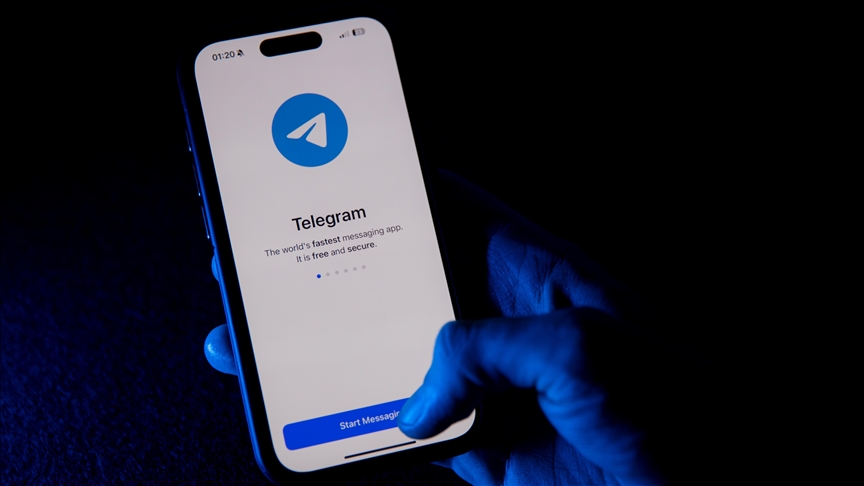In the digital age, communication via messaging apps like Telegram has become commonplace. But an important question arises: can Telegram be used in court? This article explores the legal implications of using Telegram messages and calls as evidence in legal proceedings. We will delve into the factors that determine the admissibility of such evidence and the potential challenges it might face in court.
read it: telegram smm panel
Introduction to Telegram’s Legal Use
Telegram is a popular messaging app known for its strong encryption and privacy features. As more individuals and businesses rely on Telegram for communication, it’s essential to understand whether the information shared on this platform can be used in legal contexts. The answer is not straightforward and depends on various legal principles and regional laws.
read it: are telegram and telegraph the same thing?
Can Telegram Be Used in Court?
Yes, Telegram can be used in court, but its admissibility as evidence depends on several factors. Courts will consider the authenticity, reliability, and relevance of the Telegram messages or calls being presented. The process involves verifying that the communications are genuine and have not been tampered with.
Authentication of Evidence
To use Telegram messages in court, the evidence must be authenticated. This means proving that the messages are what they purport to be. Authentication can involve:
- Witness Testimony: A person involved in the communication can testify that the messages are authentic.
- Metadata Analysis: Technical experts can examine metadata to confirm the origin and integrity of the messages.
- Additional Documentation: Screenshots or logs that corroborate the evidence.

Challenges to Admissibility
Using Telegram in court comes with challenges. One major issue is the app’s strong encryption, which can make it difficult to verify the content and sender of messages. Other potential challenges include:
- Privacy Concerns: The highly private nature of Telegram could raise issues about the admissibility of evidence obtained without proper authorization.
- Tampering and Fabrication: Ensuring that the evidence has not been altered is crucial. Courts need convincing proof that the evidence is untampered.
- Regional Differences: Legal standards for digital evidence can vary significantly across different jurisdictions.
read it: What is the 80/20 rule in social media marketing?
Legal Precedents and Examples
Several court cases have set precedents for the use of digital communications as evidence. Understanding these can provide insight into how Telegram evidence might be treated in court.
Case Studies
- Business Disputes: In some business litigation cases, Telegram messages have been admitted as evidence to prove agreements or communications between parties.
- Criminal Cases: Law enforcement has successfully used messaging app data, including Telegram, to prosecute criminal activities, provided the evidence met the legal standards for admissibility.
Best Practices for Using Telegram in Legal Contexts
If you plan to use Telegram for communications that might need to be presented in court, it’s crucial to follow best practices to ensure the integrity and admissibility of the evidence.
Ensuring Evidence Integrity
- Regular Backups: Regularly back up your Telegram chats to maintain a record of communications.
- Screenshots: Take screenshots of important messages, including timestamps and contact details.
- Secure Devices: Use secure devices and maintain strong passwords to prevent unauthorized access.
Legal Consultation
- Seek Legal Advice: Always consult with a legal professional before attempting to use Telegram messages as evidence.
- Understand Local Laws: Be aware of the legal standards for digital evidence in your jurisdiction.
read it: why would someone want to use telegram?
Conclusion
Can Telegram be used in court? While Telegram messages can be used as evidence in court, their admissibility depends on proving authenticity, reliability, and relevance. By following best practices and understanding legal precedents, individuals and businesses can navigate the complexities of using digital communications in legal contexts.







